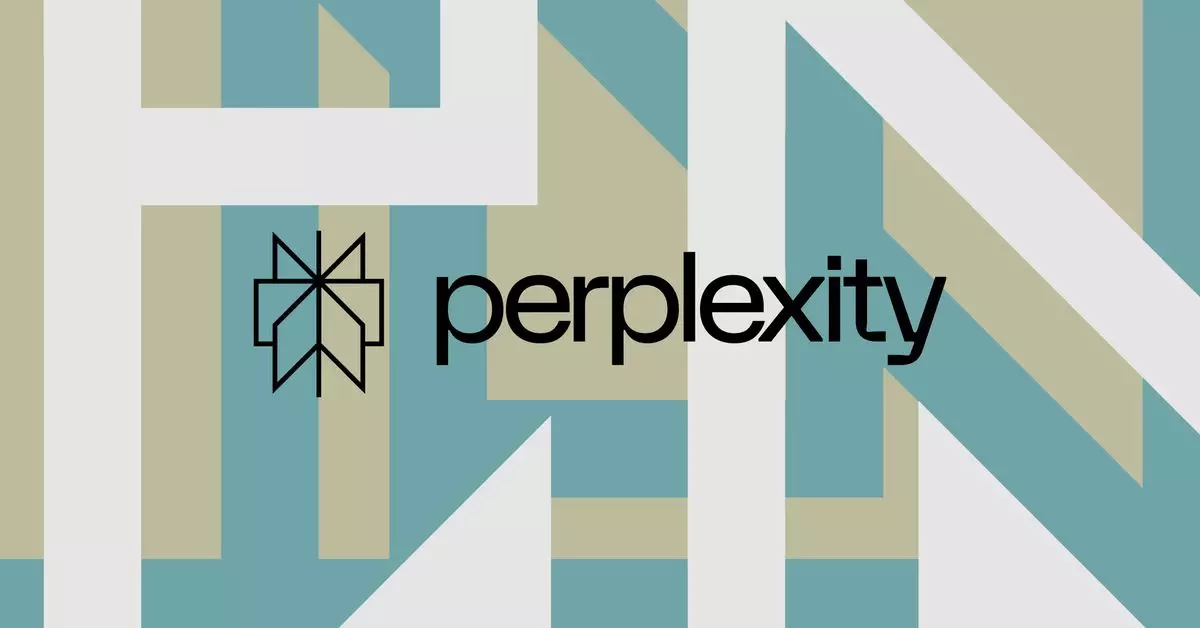The rapid advancement of artificial intelligence (AI) technologies has opened up a myriad of possibilities, transforming the way information is accessed and utilized. However, with these advancements come significant ethical concerns, particularly in the realm of copyright and intellectual property. Recently, an intriguing legal battle has emerged between the AI startup Perplexity and News Corp, the parent company of various prominent media outlets, including the New York Post and The Wall Street Journal. As this situation unfolds, it prompts a deeper examination of the relationship between AI and media, ownership of facts, and the future of information dissemination.
At the core of the conflict is News Corp’s allegation that Perplexity has been scraping content from its publications without permission, constituting a violation of copyright laws. The lawsuit claims that the AI search engine “copies on a massive scale,” undermining the original work of journalists and content creators. As Perplexity contends, however, the essence of the challenge lies not only in the legality of its practices but also in a broader philosophical debate about access to information. While copyright protects the expression of ideas, it raises the question of whether facts—such as those that constitute news stories—should be owned by corporations.
Perplexity’s defense hinges on the assertion that factual information should remain in the public domain rather than being monopolized by any single entity. They characterize the motives behind the lawsuit as a desire to maintain control over publicly accessible information, suggesting that the current legal framework serves to limit innovation in AI. This lighting of the legal candle from both sides highlights a fundamental clash of values: the need for creators to protect their work versus the desire for wider access to information.
AI’s Role and the Response of Perplexity
In a recent blog post, Perplexity elaborated on its position, stating that the lawsuit reflects a “fundamentally shortsighted” attitude that runs counter to the shared interests of technology and media. They argue that the AI ecosystem offers opportunities for collaboration and mutual growth rather than rivalry. Perplexity points to successful revenue-sharing programs established with media organizations as a model for potential cooperation, highlighting the need for a new paradigm that acknowledges contributions from both sectors while also rewarding creators appropriately.
Moreover, Perplexity’s response hints at an underlying frustration with the lack of dialogue between tech companies and traditional media. They believe that the adversarial posture exemplified by News Corp’s legal action discourages progress and is detrimental to all parties involved. By fostering a collaborative environment that encourages innovation, they assert that both creators and tech developers can thrive.
The ongoing discourse surrounding AI and copyright is not limited to Perplexity and News Corp. It resonates throughout the tech industry as numerous AI companies navigate similar legal and ethical challenges. The conflict raises pressing questions about the ownership of ideas, the role of technology in reshaping journalism, and the necessary regulations to ensure fairness in the digital landscape.
More broadly, this case encapsulates a critical moment in the evolution of content consumption. As AI systems begin to better understand and replicate human language, their potential to produce content autonomously grows. Consequently, the implications extend beyond the current lawsuit: how should we establish boundaries for AI-generated content to ensure ethical standards and respect for intellectual property?
In light of these developments, it becomes clear that the conversation surrounding AI and copyright requires careful navigation. Both parties, along with the broader tech community, must engage in constructive dialogue to address the complex interplay between innovation and intellectual property rights. It is essential to create frameworks and policies that respect the contributions of creators while also fostering an environment for technological advancement. The ongoing battle between Perplexity and News Corp serves as a poignant reminder that as we venture further into the future shaped by AI, the ethical considerations and ownership of information will remain at the forefront of our collective consciousness.


Leave a Reply